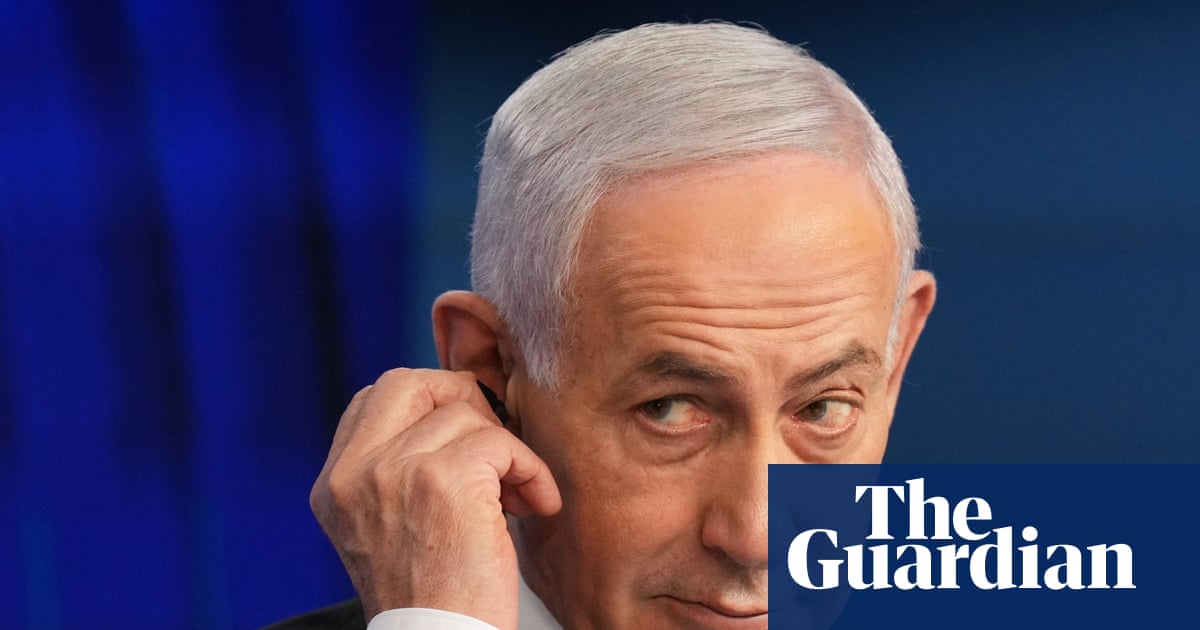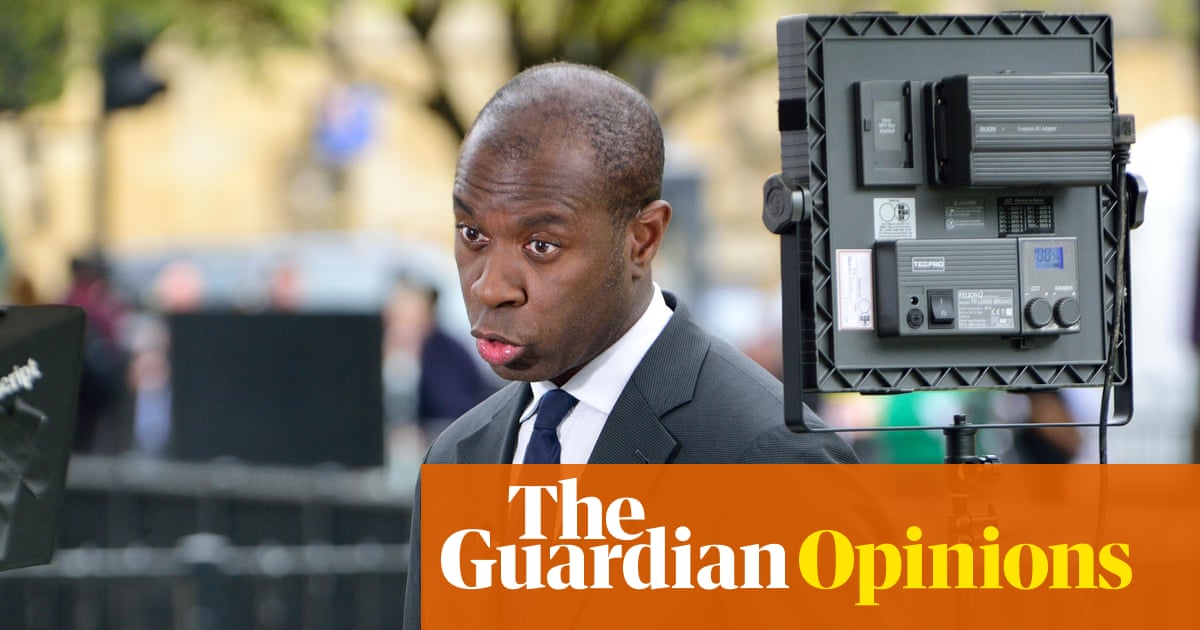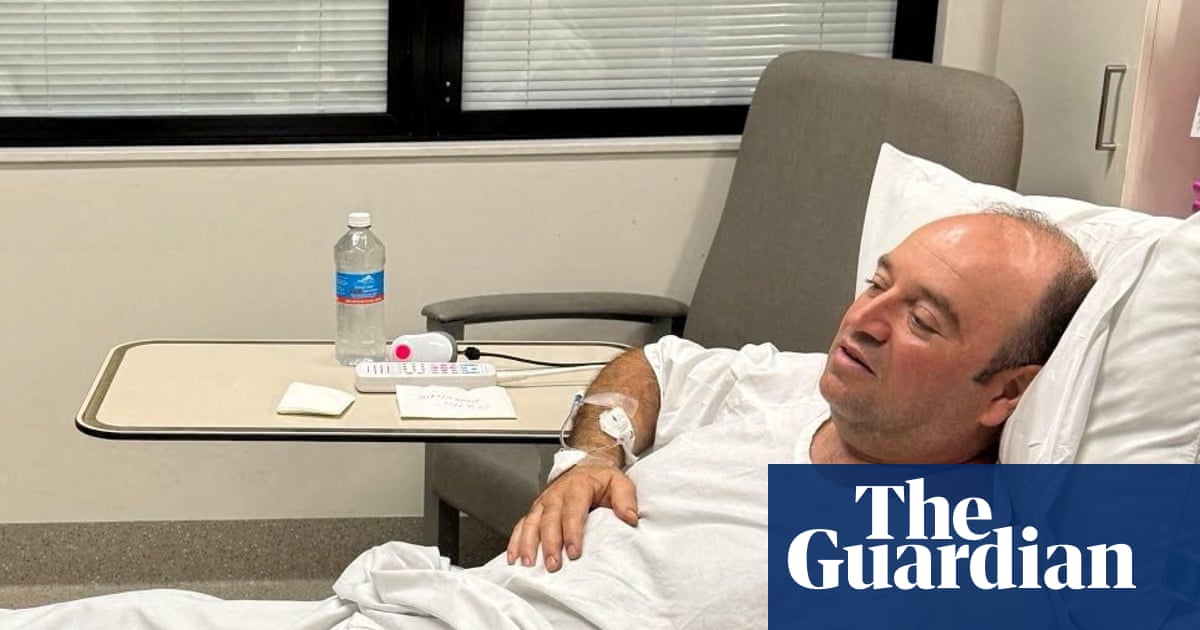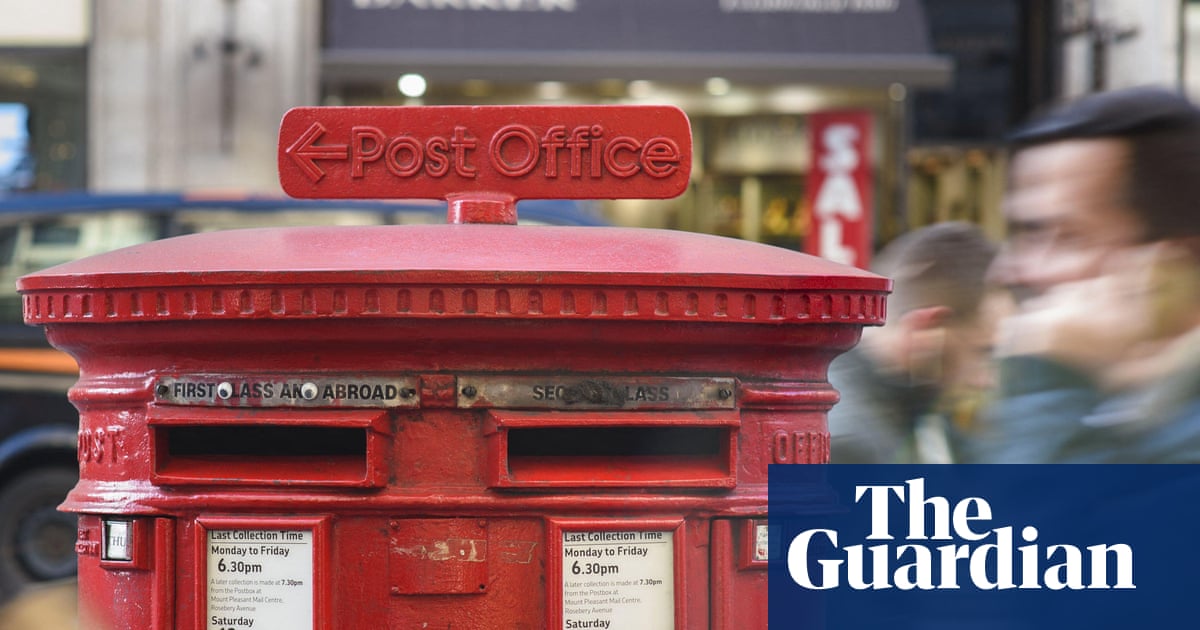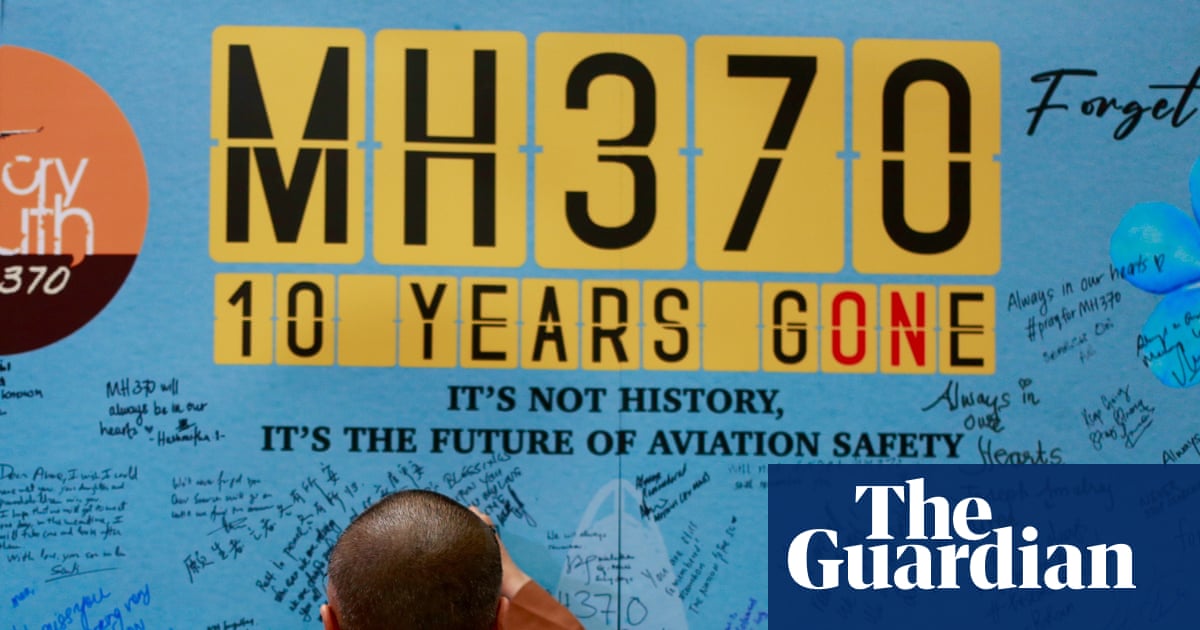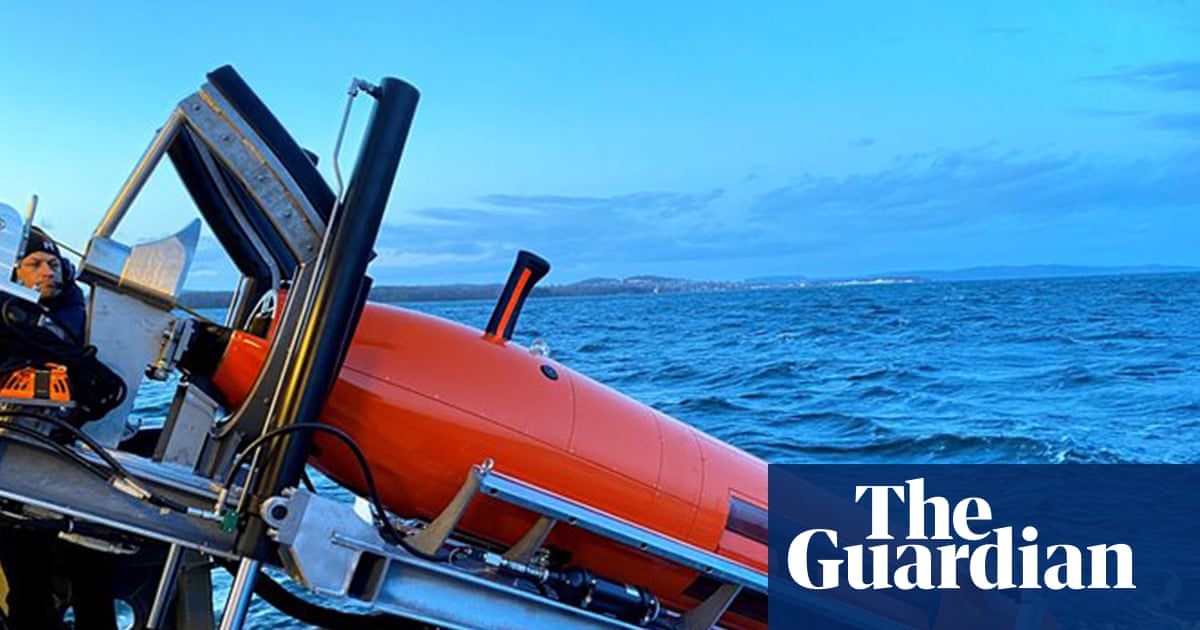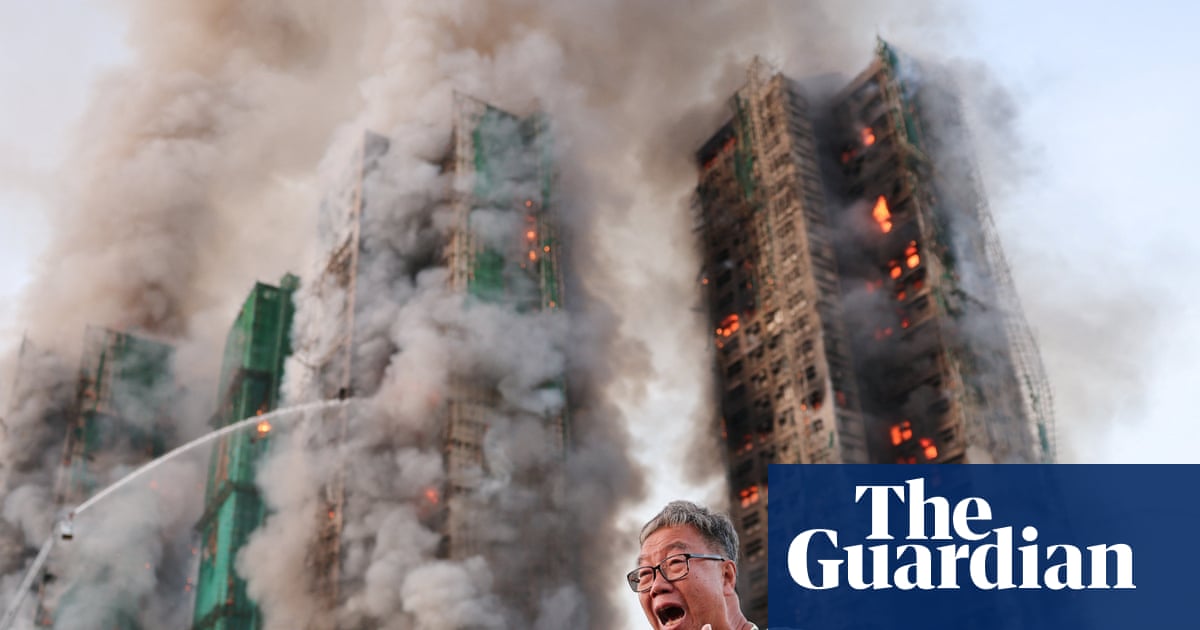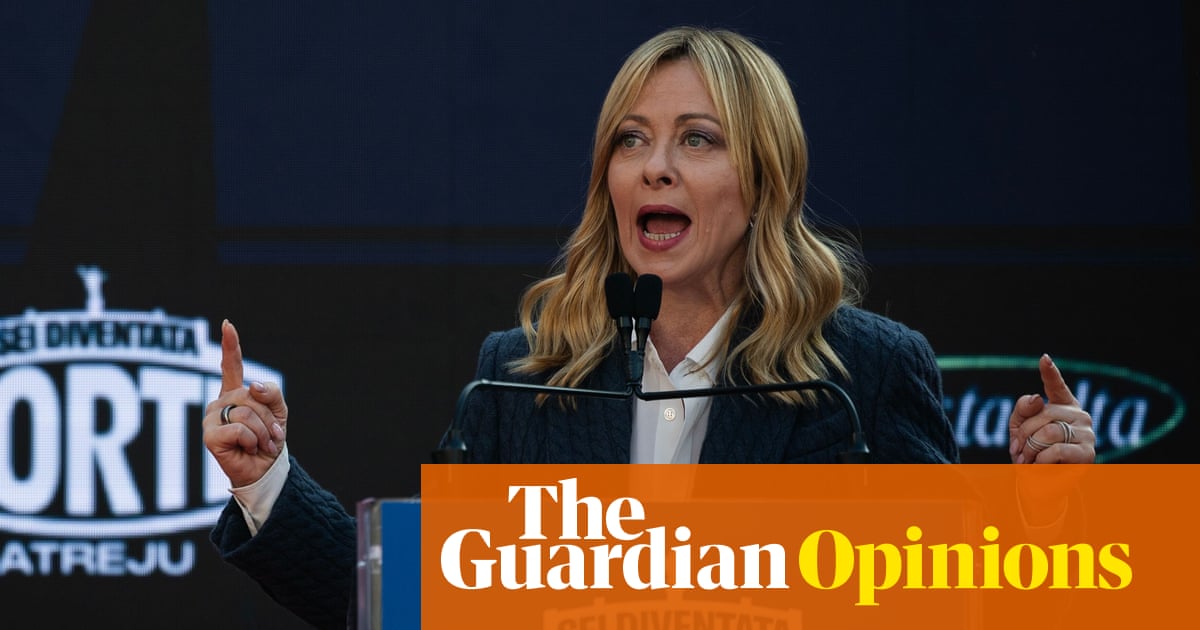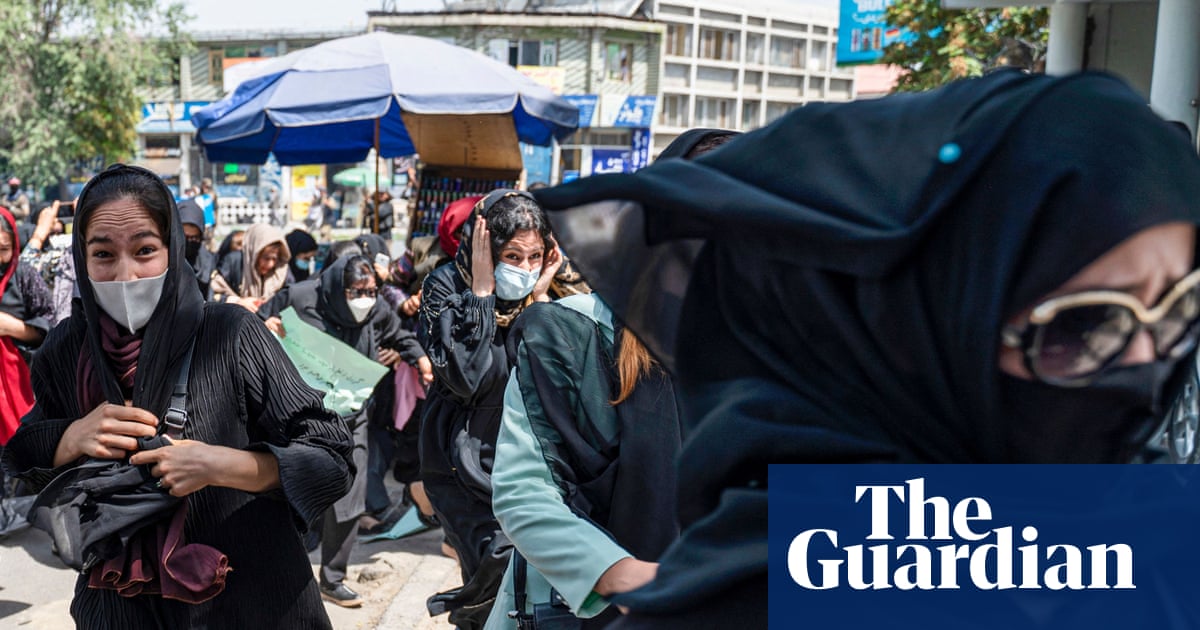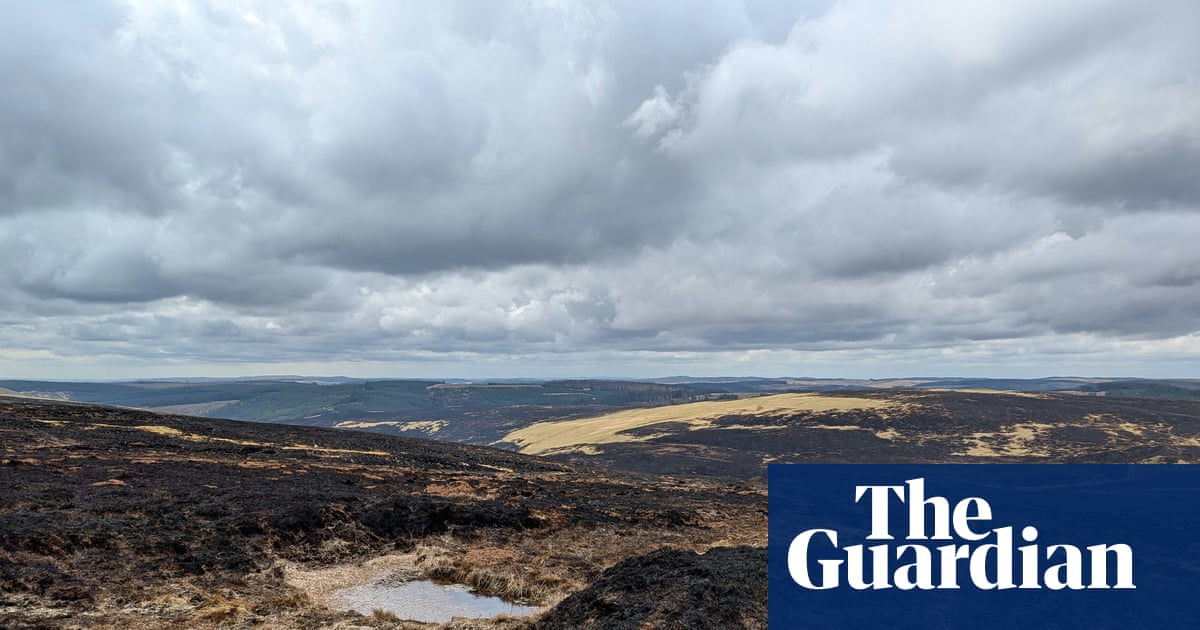More than five decades ago, Richard Nixon launched a “war on drugs”. The drugs won. Now Donald Trump is turning a failed metaphor into a worse reality.
On Tuesday the US president claimed that the military had killed 11 drug traffickers from Venezuela, posting footage of the strike that US officials said took place on a speedboat in international waters in the Caribbean. The administration supplied no evidence for its claim that the boat contained Tren de Aragua members, or drugs, and gave varying accounts of its destination. It also warned that there was more to come, with the secretary of state, Marco Rubio, arguing that intercepting boats had not curbed the drugs problem: “What will stop them is when you blow them up.” Earlier this year, Mr Trump secretly ordered the use of military force against cartels internationally.
With US warships patrolling the coast of Venezuela – and F35 fighter jets reportedly dispatched to Puerto Rico – some fear that this could be pretext for a disastrous intervention, as its president, Nicolás Maduro, has suggested. Alternatively, Washington may hope it unnerves other regime members into unseating him, or prompts Mr Maduro himself to flee – two longstanding dreams. The US has already offered a $50m bounty for his arrest. At best, this may be political theatre, with both Mr Maduro and Mr Trump posturing for their bases.
If this campaign truly targets the drugs trade, it is dangerous and misguided. Like rebranding the Department of Defense as the “Department of War”, it speaks to Mr Trump’s love of macho spectacle. But it sets a precedent for launching military strikes on whomever the US authorities wish, without congressional approval or a UN mandate, simply by declaring that they are “at war”.
The Obama administration stretched the boundaries of executive power, and any plausible definition of self-defence and imminent threat, with its campaign of drone assassinations, including those of American citizens far from battlefields, under the hazy label of the “war on terror”. Despite the high civilian toll and minimal transparency, it met lamentably little political pushback.
The Trump administration has gone even further. Cartels are spreading and entrenching themselves in Latin America, devastating communities. But arbitrarily designating them as terrorists is plainly a nonsense. Extrajudicial killings of this kind are always wrong. Offenders who would not face the death penalty if charged are executed without due process. Innocents inevitably fall victim too. Many children were among the thousands killed in Rodrigo Duterte’s “war on drugs” in the Philippines. The former president is now awaiting trial for crimes against humanity at the international criminal court.
Summary executions are also counterproductive. They make it harder to gather information, and strikes on foreign soil would make governments less likely to cooperate with US efforts, due to the domestic backlash – especially in Mexico. That would not only hamper the fight against drugs, but also Mr Trump’s efforts to curb migration.
To tackle its devastating fentanyl epidemic, the US must ultimately tackle demand: an immense task, since it means addressing the conditions that birthed this crisis, as well as entrenched addictions. In the meantime, carefully targeted action and financial disruption would be more effective than killing cartel members. Above all, the administration should stem the flow of US arms, which have supercharged violence in Mexico and elsewhere.

 3 months ago
70
3 months ago
70









